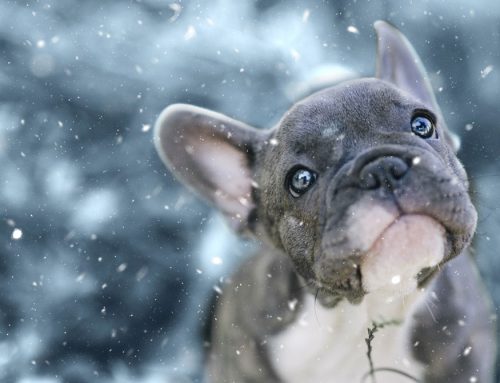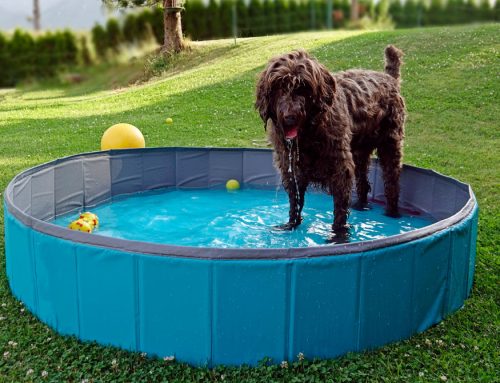Digestive Health for Your Pet
What are Digestive Disorders?
Digestive disorders are quite common and most clear up within a few days. But some pets need long-term management because they have regular or permanent digestive problems. Any disorder that reduces the digestion or absorption of food, or alters its passage through the digestive tract, can be called a digestive disorder. Efficient digestion is essential for your pet to be able to build and repair tissus and obtain energy. For these reasons, it’s important to feed a food that’s forumlated to help.
Types and causes of digestive disorders
There are many different types of digestive disorders. Causes range from eating something other than pet food, to food allergies, infections or lack of digestive enzymes. Some breeds, such as Great Danes, German Shepards, Golden Retrievers and Collies, are more prone to particular digestive problems. Your veterinarian may carry out tests to determine the exact cause of the problem. Commonly diagnosed conditions include:
Acute Gastroenteritis
An inflamed digestive tract, usually short-term caused by a pet eating spoiled food, high-fat people food or substances not intended as a dog or cat food.
Colitis
More common in pets under the age of 5, colitis causes inflammation of the large intestine that results in frequent, painful passing of feces. Diarrhea may contain mucus and blood.
Constipation
This has several causes, including lack of exercise and eating indigestible materials such as bones or very low fiber foods.
Exocrine Pancreatic Insufficiency
This condition is characterized by weight loss, increased appetite and large amounts of soft feces.
Small intestinal malabsorption
Inflammation of the small intestine impairs nutrient absorption and results in peristent diarrhea, weight loss and loss of appetite.
Does my pet have a digestive disorder?
- Vomitting or diarrhea
- Change in appetite
- Flatulence
- Blood or mucus in the feces
- Constipation
- Weight loss
- Abdominal pain








Leave A Comment